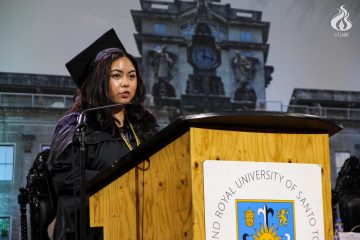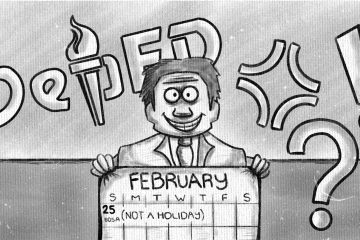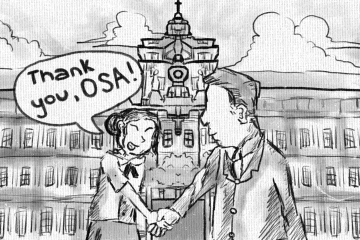IT IS a thankless job.
During the first 100 days of our president, his press conferences became a “culture shock” of some sort to the media. His way of speaking, sprinkled with colorful expletives, landed the headlines of every news entity.
Meanwhile, as his avid supporters cried foul as they threw around words like “biased” or “bayaran,” some took into consideration the issue at hand—even explaining the difference of the culture that our president is used to, that his words should not be taken literally; while the rest resorted to attacking the character of the media instead.
It had gotten worse when the president himself decided not to entertain Manila-based reporters anymore. He explained that some reporters sensationalize their stories to be able to sell them to readers, thus sowing their doubts to the mainstream media.
Although he still believes that good reporters are just doing their job, his statement against the press caused a rift in the public’s trust to the profession.
It is also interesting to note that social media played a big role during the elections—not just as an avenue for campaigns, but as a medium for trolls and fallacious pages targeting the gullible.
These trolls and fallacious online pages gave rise to misinformation, in an effort to elevate their biases to certain stories under the guise of discrediting mainstream media and instead claiming that theirs is the “genuine” form of journalism.
These pages and groups wield their ever-growing influence over those who just accept without even bothering to check and verify data and sources of such stories. With no precautionary gatekeeping of the flow of thought through this medium, these “pseudo-journalists” rely on pure mass opinion to support their fallacy-ridden stand on national issues.
They opt to disregard those with opposing views and personally attack those who are only inviting their fellow netizens for a healthy discussion with facts garnered from verified sources.
With the ongoing divisiveness of the people—mainly because of their political views and prejudice—the conflict over who holds the real truth about the government could never end.
The press was supposed to be the public’s sentinel to those in power, watching their motives and actions and inform their readers of any anomaly so as to uphold the democratic ideal that the people hold the power over their elected officials. That is, it is our job to hold these government officials accountable.
The Digital Age provides us more choices on how to access such information. Ignorance about the important issues is no excuse nowadays. Since journalism opens an opportunity for its once passive audience to become active in news selection, it has also shared with us the responsibility to check and countercheck information being presented to us.
Besides, the main objective in disseminating such information is to raise awareness among its audience and enable them to be active agents of social change. That is, to allow them to take part in nation-building.
As consumers of news, it is also up to us to educate ourselves to be able to see beyond what our prejudice dictates and the painted picture of the stories that we read. Before we insist again that the media is “just being biased,” let us ask ourselves, do they really aim to show us the horrible truths every day because they want to topple down the government, or are they just doing their job as watchdogs of society?
It is only a matter of controlling the arrogance within ourselves so as not to fall into the grasp of ignorance plaguing society for quite some time already. F
For comments and feedback, you may email the author at chailugares.theflame@gmail.com.



